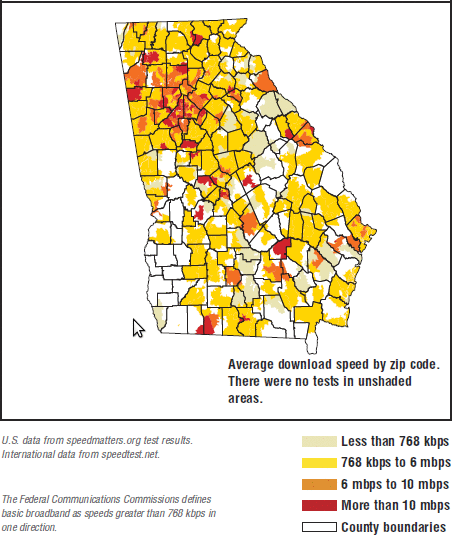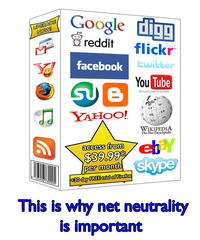Tom Evslin wrote on Fractals of Change at some unknown data, SOPA and PIPA are Bipartisan Bad Policy, Really Bad Policy
Why? The DC lobbying revolving door banana republic, of course, made even worse by the SCOTUS Citizens United decision.In China you can’t get to some Internet sites: no Facebook, no YouTube, no Twitter. Search engines can’t find the “Falun Gong” or “Tiananmen Square massacre”. We would never do that kind of blocking here in the US, you say. Well, not so fast. If either House bill SOPA (Stop Online Piracy Act) or Senate bill PIPA (Protect IP Act) or something in between passes both houses of Congress and is signed by the President, Internet censorship, unreachable websites, and forbidden searches will be the law of this land.
The Arab Spring has been enabled by the inability of some governments to block Internet communication. SOPA and SIPA both require that Internet blocking tools be developed and deployed here. Maybe we trust our own government not to misuse these (I don’t!); but do we really want to be responsible for the proliferation of censorship and blocked communication?
Why, you ask, would our Congresspeople want to impose censorship anywhere? Why would they want to slow down the most vigorous parts of the US economy?
The answer, at least, is simple. These are bills that Hollywood
wants to protect its movies from online piracy, and Hollywood makes mega-campaign contributions and even gives Congresspeople bit parts in its movies. There is nothing partisan about campaign contributions.
 As for
the Arab Spring,
the powers that be here don’t want that here.
Remember who propped up Mubarak all those decades.
As for
the Arab Spring,
the powers that be here don’t want that here.
Remember who propped up Mubarak all those decades.
When even Patrick Leahy pushes PIPA, something is seriously wrong with the U.S. government. SOPA or PIPA or something watered down that their pushers can claim isn’t as bad will pass unless the people stand up and stop it.
-jsq





